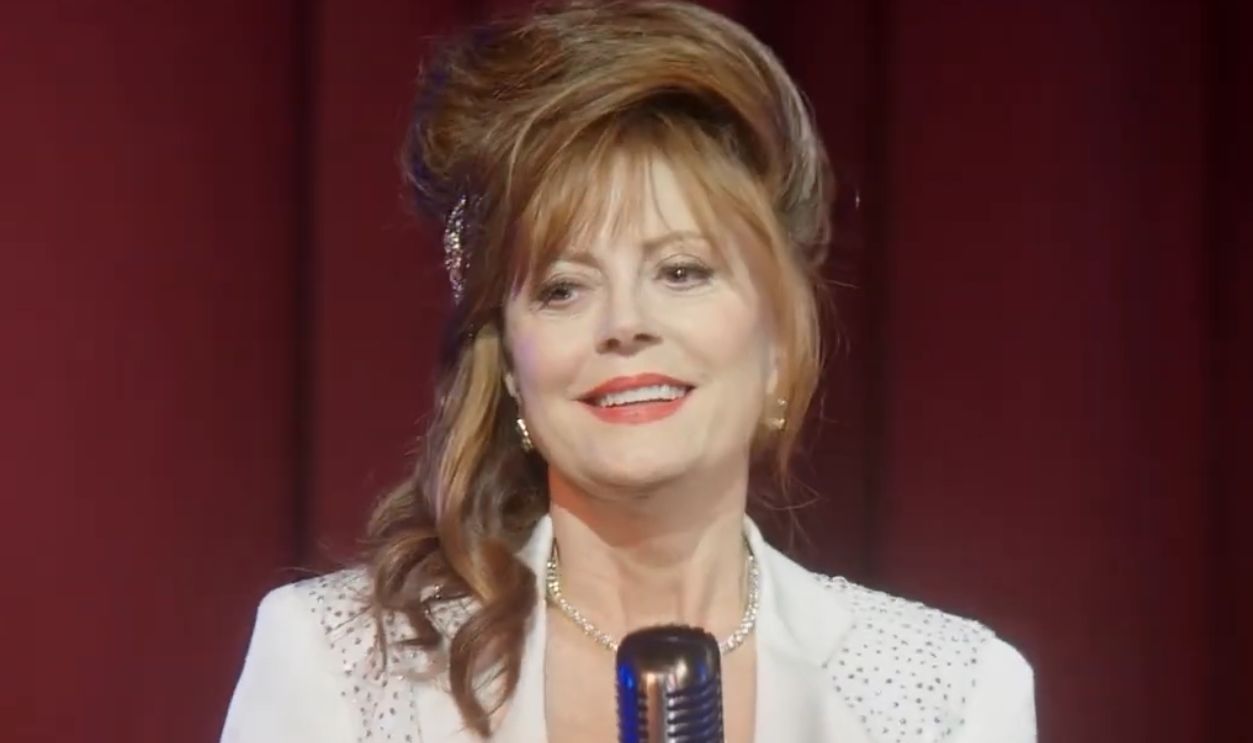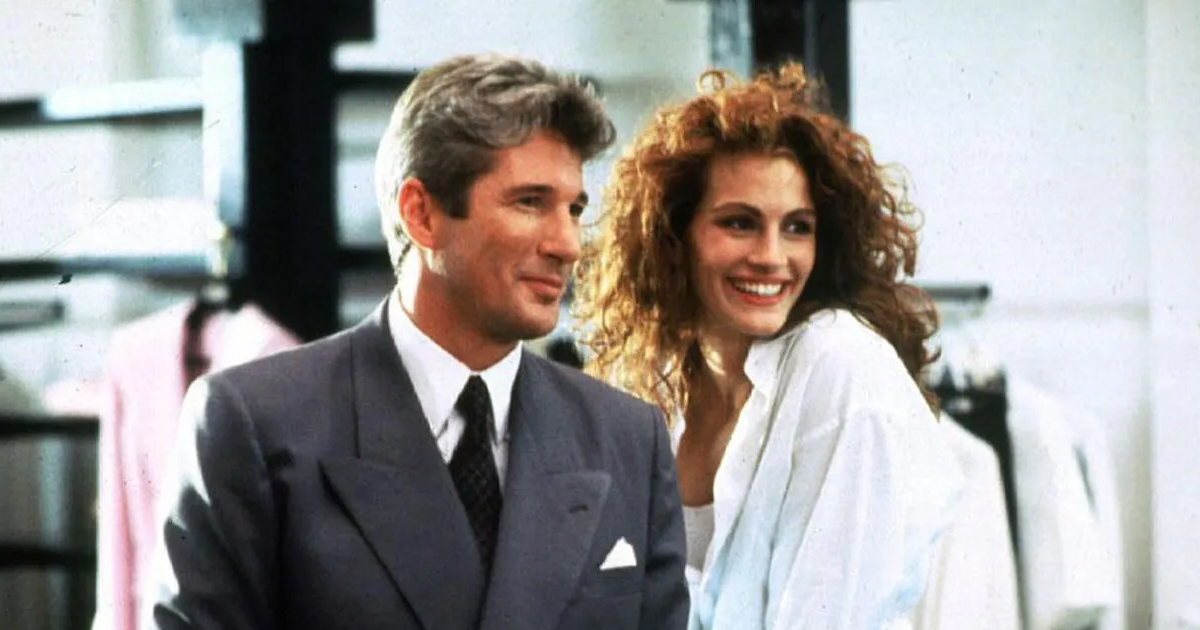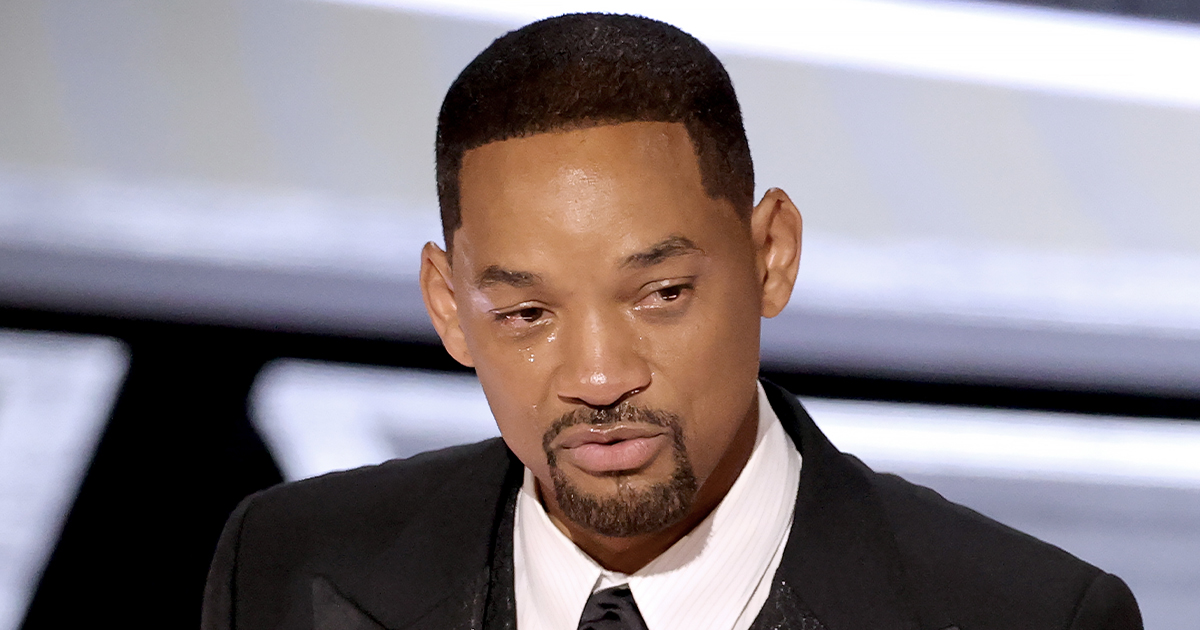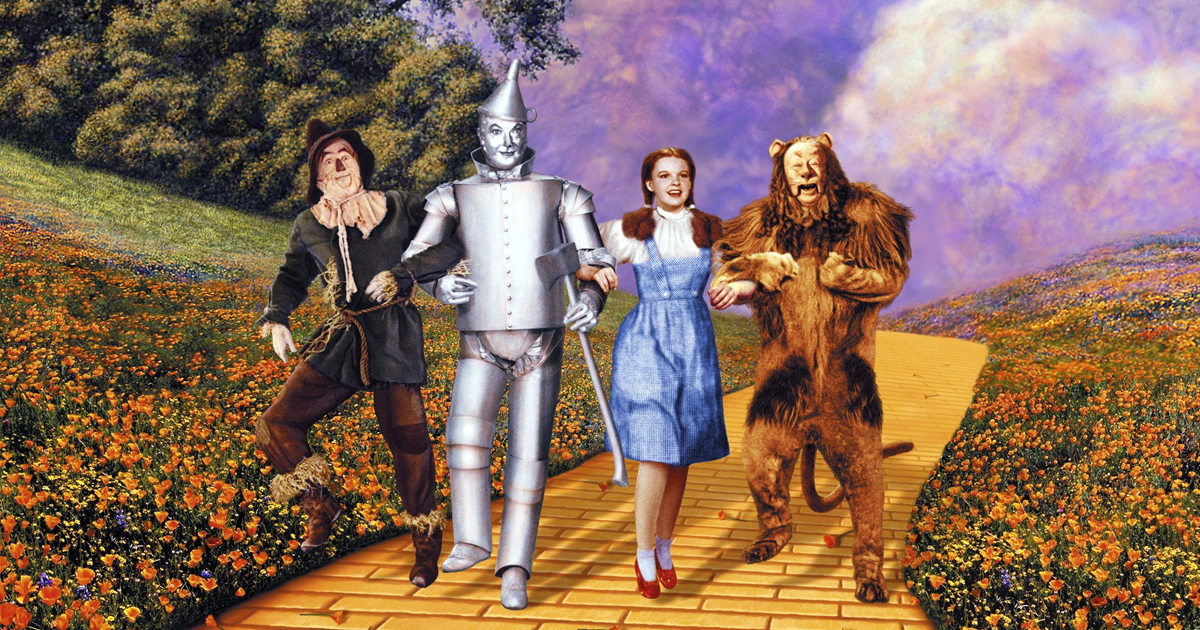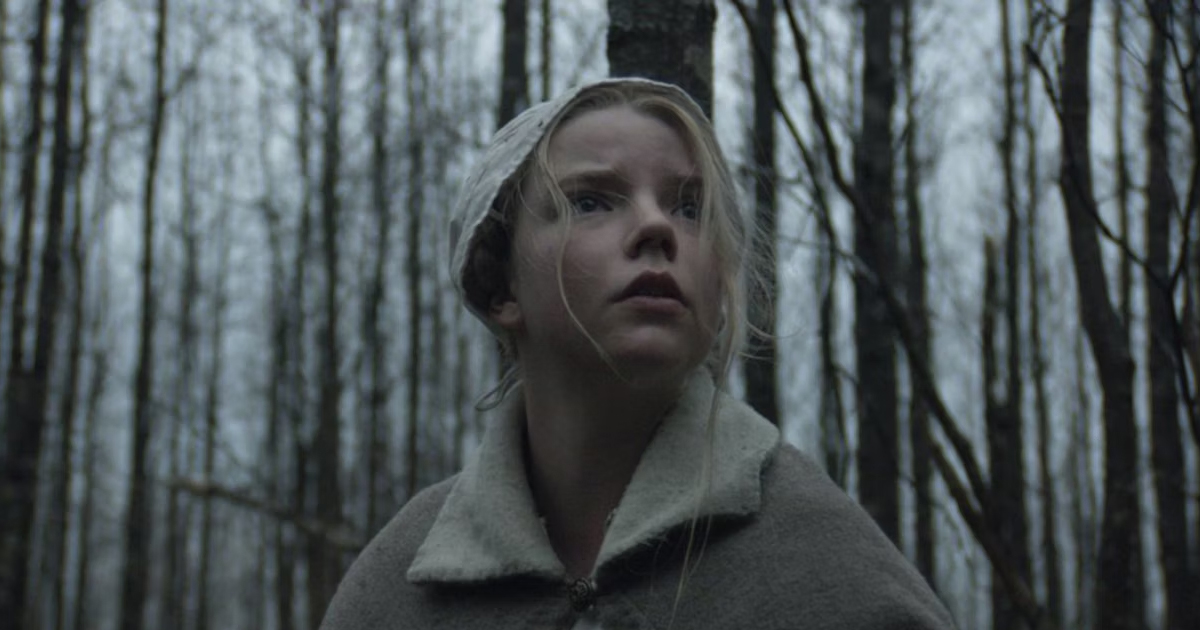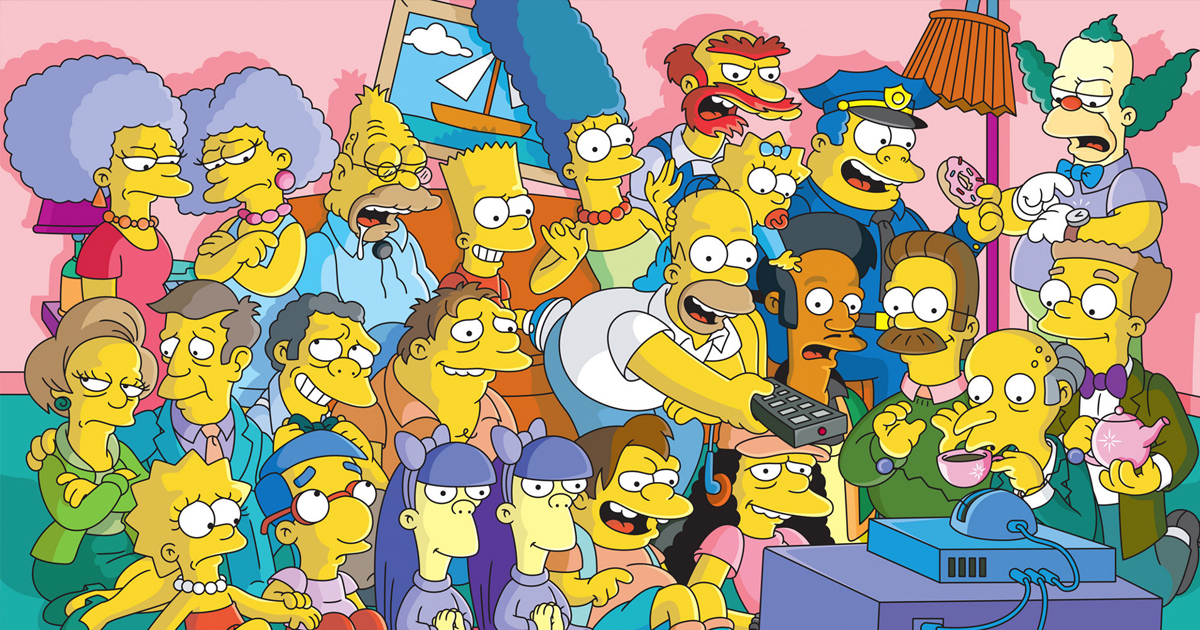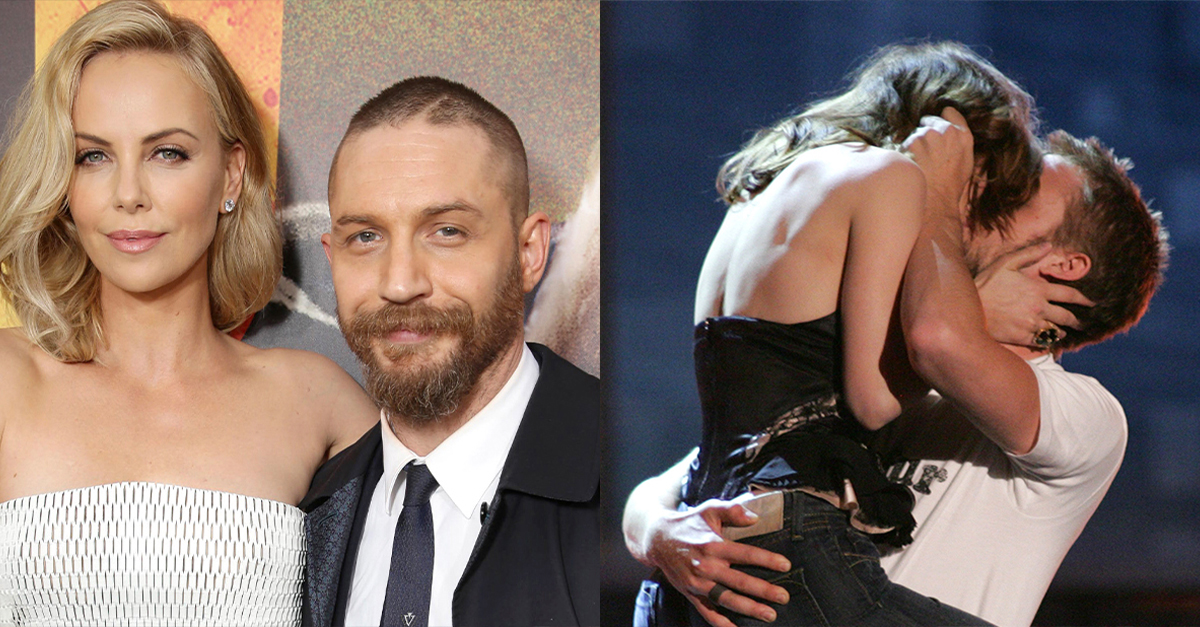What Stays And What Goes
Television is a brutal business, especially in the streaming age, where dozens of shows drop every month and attention spans are shorter than ever. So much so that even reboots of the most popular shows can’t be saved.

Resident Evil (2022)
Netflix took one of gaming’s most beloved horror franchises and thought, “You know what this needs? Teenage drama and two timelines.” Sure, it had a flashy start. But once the smoke cleared, all that remained were messy scripts, sluggish pacing, and a lot of head-scratching.
The Idol (2023)
The Idol was less a television series and more a cautionary tale in overproduction. Designed as an edgy expose on celebrity culture, the show collapsed under the weight of its own pretensions. Tonal inconsistencies due to conflicting rewrites and behind-the-scenes turmoil left viewers unsure of what they were even watching.
The Idol (2023) (Cont.)
The Idol pretended to offer deep or meaningful commentary, but in reality, it was just using provocative or exploitative content to grab attention. And by the finale, any intended message was drowned by poor direction and thin characterization. Rotten Tomatoes gave it a 9%, but even that is too high.
Monarch (2022)
Monarch tried to be Succession based in the country with an iconic musical backdrop, family secrets, a powerful matriarch, and generational conflict. Yet, it managed to miss the emotional beats. Between the wooden acting and the COVID-era scheduling mess, it never found its rhythm.
Blockbuster (2022)
A comedy about Blockbuster made by Netflix? The irony is not lost on us. What should’ve been a nostalgic love letter to the past became a reminder of why certain formats die. The show struggled to justify its own existence, funnily enough, echoing the fate of the business.
Blockbuster (2022) (Cont.)
Despite a capable cast and nostalgic lean, Blockbuster's one-note concept was stretched beyond its capacity. In a sea of workplace comedy shows (Brooklyn 99, The Rookie, Abbott Elementary), this one struggled to find its footing. So, the last Blockbuster died. Again.
Gotham Knights (2023)
Positioned within the broader DC universe yet estranged from the well-established Arrowverse, Gotham Knights never found its fanbase. Narratively, it leaned on a post-Batman premise that should’ve been fertile ground, but the characters and tone felt more YA soap. With CW's shift away from scripted drama, its cancellation was unsurprising.
Gossip Girl (2021–2023)
HBO Max’s Gossip Girl reboot was an ambitious attempt to reframe the elite teen drama for a hyper-digital age. Given the fact that the original show garnered an insane reception and pop culture fame, the hopes were high for the 2021 reboot.
 HBO Max, Gossip Girl (2021–2023)
HBO Max, Gossip Girl (2021–2023)
Gossip Girl (2021–2023) (Cont.)
Its first season suffered from characters lacking the magnetism of their predecessors. S2 tried to fix it, but the damage was done, and the audience had already peaced out. The original series was and is something people are obsessed with. This reboot? It had the look, but not the bite.
 HBO Max, Gossip Girl (2021–2023)
HBO Max, Gossip Girl (2021–2023)
Cruel Intentions (2024)
There’s a fine line between homage and imitation. Prime Video’s take on the iconic 90s film Cruel Intentions erred towards imitation, which was stylistically glossy but narratively hollow. With critical reception tanking and viewers largely indifferent, it failed to become the dark, buzzy hit it clearly aspired to be.
 Amazon Prime Video, Cruel Intentions (2024)
Amazon Prime Video, Cruel Intentions (2024)
How I Met Your Father (2022–2023)
As a spiritual sequel to How I Met Your Mother, this series faced a daunting task: replicate the formula without merely mimicking it. And unfortunately, How I Met Your Father struggled to achieve that. It simply could not establish its own tonal identity.
 Hulu, How I Met Your Father (2022–2023)
Hulu, How I Met Your Father (2022–2023)
How I Met Your Father (2022–2023) (Cont.)
While Hilary Duff brought charisma to the lead role, the writing leaned heavily on familiar tropes, shallow setups, recycled jokes, and sitcom cliches. Hulu did us all a favor and pulled the plug before the final cringe. In a crowded streaming field, one can’t expect lightning to strike twice.
 Hulu, How I Met Your Father (2022–2023)
Hulu, How I Met Your Father (2022–2023)
The Summit (2024)
The Summit tried to mix reality TV drama with the thrill of a high-stakes mountain trek in the New Zealand Alps. But its future was doomed from the get-go due to its weak and unmemorable cast, lackluster challenges, and more. So, CBS, who prefer reliable reality formats, swiftly moved on.
Farzar (2022)
Farzar was unabashedly bizarre. For those who don’t know, it was an adult animated series drenched in grotesque humor and absurd plotlines. While it carved a specific tone, the series couldn’t capture the broader adult animation audience that shows like Rick and Morty command.
Farzar (2022) (Cont.)
However, it wouldn't be fair to put the blame entirely on the show. During a turbulent post-strike environment in 2022 and Netflix’s increasingly cautious content strategy, the show became a victim and was quickly axed. A misfire, but an audacious one.
Extended Family (2023–2024)
By focusing on a divorced couple who amicably co-parent under the same roof (albeit on rotation), Extended Family offered an intriguing take on modern family dynamics. The concept was timely, but in an overcrowded comedy slate, it lacked the comedic distinctiveness to stand out.
 NBC, Extended Family (2023–2024)
NBC, Extended Family (2023–2024)
Suits: LA (2024)
It’s been years since Suits wrapped, and while not every season hits the mark, the show still delivers a fun, watchable ride from start to finish. Suits: LA attempted to transplant that same charisma and corporate catfights of the original into the high-gloss world of LA entertainment law.
Suits: LA (2024) (Cont.)
But the result lacked spark. Ted Black’s arc as a morally conflicted lawyer never reached the complexity or snappy charm that made Harvey Specter a fan favorite. Viewership dwindled, and critics noted its lack of narrative propulsion. Nostalgia-driven spin-offs rely heavily on brand equity. This one collapsed under that weight.
True Lies (2023)
Some classics are better left untouched. Unlike the movie, CBS’s True Lies opted for safe, network-friendly action that dulled any real stakes. Since the chemistry between leads felt forced and plotlines offered little that hadn’t been seen before, audiences tuned out, and the network rightfully shut it down.
La Brea (2021–2024)
La Brea began with the kind of audacious premise that network TV rarely attempts anymore—a sinkhole in Los Angeles that becomes a portal to a prehistoric world. The pilot, with its sprawling mystery and time-bending ambition, did get attention, but as the series unfolded, ratings declined sharply.
La Brea (2021–2024) (Cont.)
The show’s original appeal faded as the storylines got more confusing and the characters less interesting. With high production costs and diminishing returns, NBC ultimately opted for a compressed third and final season to wrap up the mess.
National Treasure: Edge Of History (2022–2023)
What could have been a modern, globally minded treasure hunt felt like a watered-down relic of its predecessors. The absence of Nicolas Cage’s character loomed large, and weak writing hampered the show’s ability to recapture the original franchise’s blend of puzzle-solving and charm.
 Disney+, National Treasure: Edge of History (2022–2023)
Disney+, National Treasure: Edge of History (2022–2023)
Dangerous Liaisons (2022)
Adapted as a prequel to one of literature’s most enduring stories of manipulation and passion, Dangerous Liaisons had the potential to offer a fresh lens on Camille and Valmont’s twisted entanglement. The production values were grand, and the setting richly detailed.
 Starz, Dangerous Liaisons (2022)
Starz, Dangerous Liaisons (2022)
Dangerous Liaisons (2022) (Cont.)
Visually, the series was stunning, but the storytelling never rose to meet that level. Its sluggish pacing and lack of narrative drive made it hard to hold modern viewers' attention. Starz initially greenlit a second season, but later reversed that decision after the S2 premiere drew just 88,000 viewers.
 Starz, Dangerous Liaisons (2022)
Starz, Dangerous Liaisons (2022)





